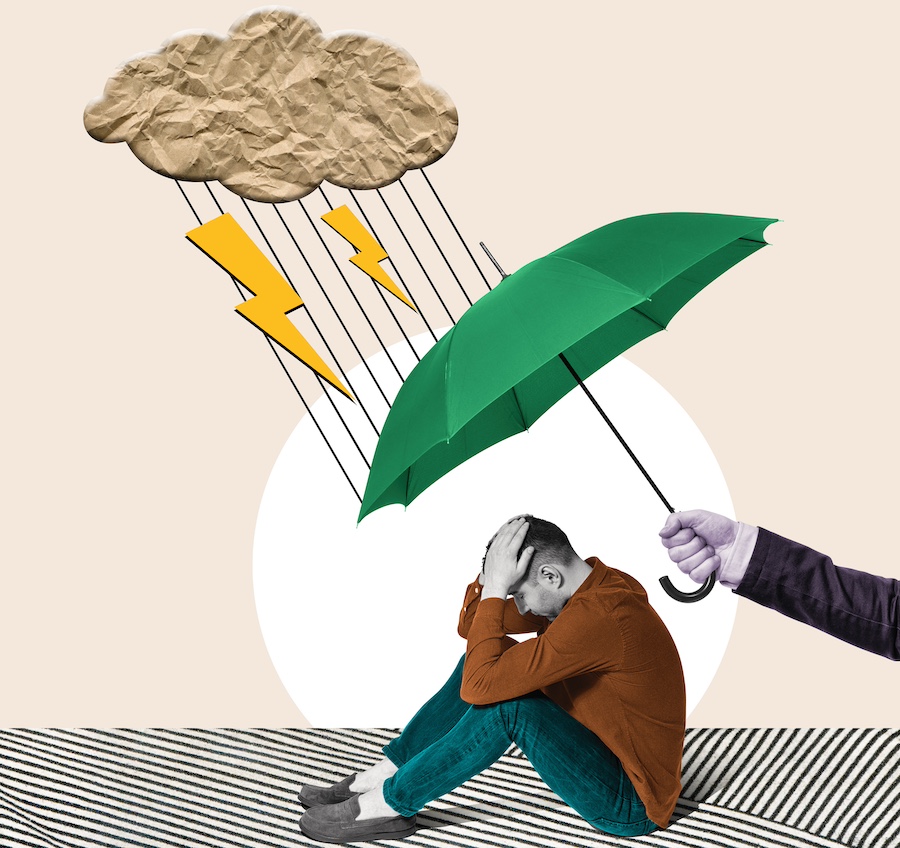Psychological Safety Lessons and Applications
By Jeff Vorwerk
April 2024
I have vivid recollections of walking into my eighth-grade social studies class on Jan. 28, 1986, and learning that Space Shuttle Challenger exploded shortly after takeoff, killing all seven crew members on board. Seventeen years later, Space Shuttle Columbia experienced a similar outcome — this time upon reentry to the Earth’s atmosphere — again killing all seven astronauts on board.
In both instances, I was saddened about the loss of life, I felt terribly for the astronauts’ families, and I was filled with tremendous empathy for those who worked at the National Aeronautics and Space Administration (NASA) and supported these ill-fated missions.
I also recall rationalizing the practical view that space travel is fraught with risks that can lead to devastating consequences. However, I remained hopeful each experience would generate sufficient knowledge to help prevent future disasters.
Members-Only Content
This article is exclusive to PRSA members. Please sign in to continue reading.
Not a member?
Join PRSA to read more articles like this and to advance your communications career.
Print subscriptions to Strategies & Tactics are available for nonmembers.



